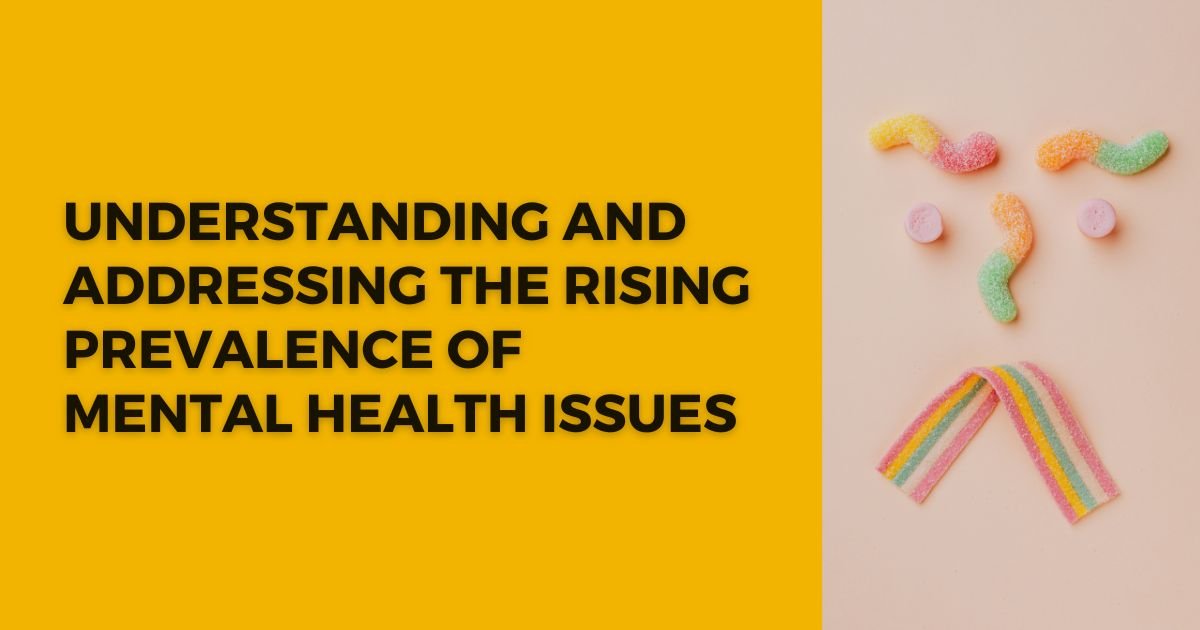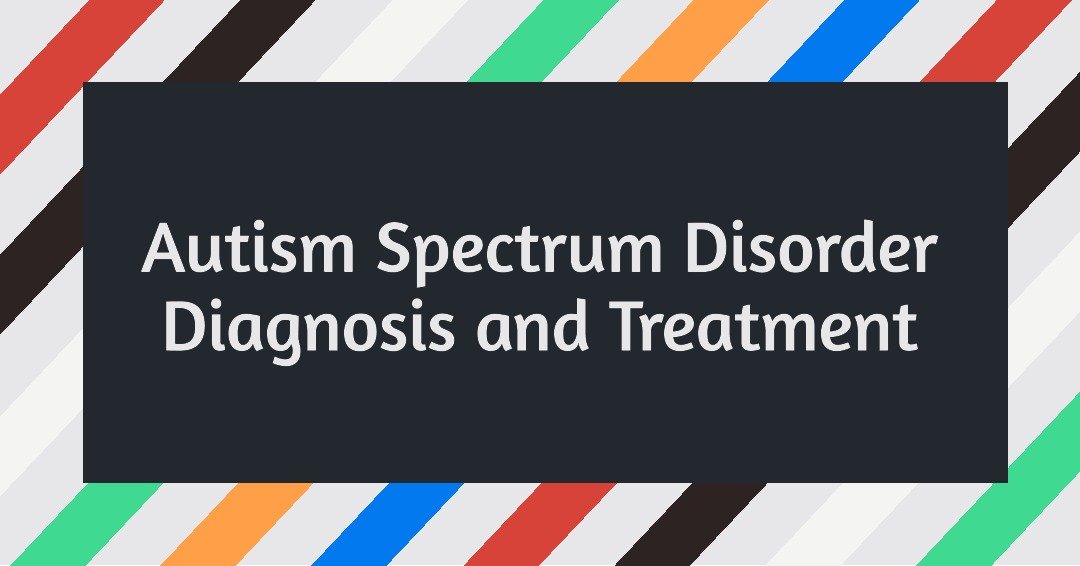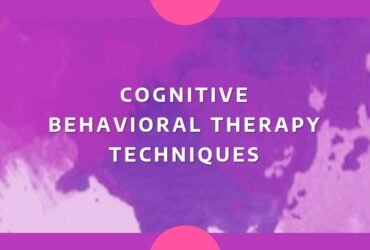Autism Spectrum Disorder (ASD) is a unique and diverse condition that touches the lives of many individuals and their families. Understanding the diagnosis and treatment of ASD is crucial for providing the best possible support and care. In this article, we’ll embark on a journey to discover the intricacies of diagnosing and treating autism, offering informative perspective that empowers both individuals on the spectrum and those who care for them.
Table of Contents
The Importance of Early Diagnosis
Early diagnosis of ASD is a crucial step that can make a significant difference in the lives of those affected. It allows for early intervention and the development of tailored treatment plans to address the specific needs of each individual.
- Screening for Autism: Pediatricians often conduct developmental screenings to identify early signs of ASD. These screenings are typically carried out at well-child visits.
- Comprehensive Assessment: A comprehensive assessment may be performed by a team of specialists, including speech and language therapists, psychologists, and developmental pediatricians. They consider various factors to make an accurate diagnosis.
Understanding the Diagnostic Criteria
ASD is diagnosed based on specific criteria outlined in the Diagnostic and Statistical Manual of Mental Disorders (DSM-5). The criteria encompass two main areas:
- Social Communication and Interaction: This includes difficulties with social reciprocity, nonverbal communication, and forming relationships.
- Repetitive Behaviors and Restricted Interests: These behaviors may involve repetitive movements or speech, as well as intense focus on specific interests.
Treatment Approaches for Autism Spectrum Disorder
The treatment of ASD involves a multi-faceted approach that considers the individual’s unique strengths, challenges, and needs. Some key elements of treatment include:
- Behavioral Therapy: Behavioral interventions, such as Applied Behavior Analysis (ABA), are often used to teach important skills and reduce challenging behaviors.
- Speech and Language Therapy: Many individuals with ASD benefit from speech and language therapy to improve communication skills.
- Occupational Therapy: Occupational therapy can help individuals with sensory sensitivities and motor skill challenges.
- Medications: In some cases, medications may be prescribed to address specific symptoms or co-occurring conditions.
- Early Intervention Programs: Early intervention services, often available through school systems, can provide essential support to children with ASD.
- Supportive and Inclusive Environments: Creating an environment that is accepting and inclusive is vital for individuals with ASD.
Conclusion
The autism spectrum disorder diagnosis and treatment is a path of understanding, support, and growth. By promoting early diagnosis, individualized treatment, and an inclusive society, we can empower individuals with ASD to thrive and shine their unique light on the world. Autism is not a barrier; it’s a remarkable aspect of human diversity that should be celebrated and embraced.
FAQs
-
Can adults be diagnosed with autism?
Yes, adults can be diagnosed with autism. Many individuals on the spectrum are not diagnosed until adulthood. A diagnosis can help them better understand themselves and access support.
-
Is there a cure for autism?
No, there is no cure for autism. However, early intervention and various therapies can help individuals with ASD develop essential skills and improve their quality of life.
-
How do I find the right treatment plan for my child with autism?
Consult with a team of specialists who can conduct a comprehensive assessment and create a tailored treatment plan based on your child’s unique needs.
To read more such insightful articles and continue your exploration of this remarkable topic, click here. Your curiosity and dedication to making a difference are the keys to brighter tomorrows for those with autism. Together, we can create a world where every individual’s unique light shines brilliantly.














Leave a Reply
View Comments